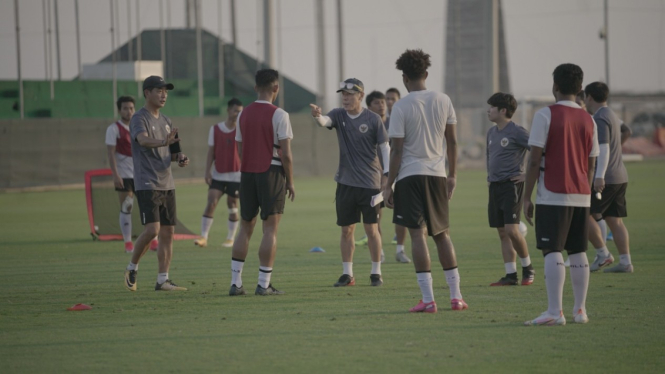By vaccinating children between the ages of 12 and 18, the coronavirus will remain under control more easily this winter without other measures, the RIVM has calculated. Models show what effect vaccinating that group has on the R number from September, shows the pieces that were discussed at the Catshuis last week and were released after last night’s press conference.
“If all goes well, the reproduction number can be just under 1, said RIVM modeler Jacco Wallinga. against the NOS, looking ahead to the coming winter. He assumes that only adults are vaccinated. If children from the age of 12 are also vaccinated, the R-number at the peak will probably be around 0.85, according to the RIVM models.
Much also depends on the vaccination rate. Do not vaccinate 65 percent but 75 percent of the population over 12, then the R-number may not even exceed 0.7. The R number indicates how many other people an infected person infects on average. If it remains below 1, the total number of infections will shrink.
variants
There are some ifs and buts to the RIVM models. One of the assumptions is that only the British, South African and Brazilian variants will gain a foothold in the Netherlands. The current vaccines are sufficiently effective against these variants, but may be less effective against other, future variants.
RIVM also assumes that people who have had corona will not become infected again and that the protection of vaccines will not decrease in the coming period. It is not yet known how long a corona vaccine offers protection, and whether a repeat shot will be necessary at a given moment.
Yesterday, the European Medicines Agency (EMA) also decided not to use the Pfizer vaccine to approve for 12- to 15-year-olds, it was previously approved for use over the age of 16. It has not yet been decided whether 12 to 18-year-olds will actually be vaccinated in the Netherlands. The outgoing cabinet first wants to wait for the Health Council’s advice.
Minister De Jonge of Health did not want to anticipate too much during the press conference yesterday. According to him, it depends, among other things, on the vaccination coverage in the rest of the population “whether you really need it for herd immunity”. Another scenario is that only 12- to 17-year-olds with underlying medical problems are vaccinated.
In other countries, the decision has already been taken to vaccinate children over the age of 12. In the US and Canada it has been happening since May, in Germany the group will be eligible for a shot from 7 June.
‘Watch it develop’
Pediatricians in the Netherlands previously indicated to be in favor of vaccinating the age group. OMT member Károly Illy, chairman of the Dutch Association for Pediatrics, mainly mentioned the social argument “to vaccinate as many people as possible in this society, so that as few people as possible can get sick and we get rid of the virus and the measures as quickly as possible.” to be.”
Epidemiologist and pediatrician Patricia Bruijning reacted more cautiously: “We just have to watch how the virus develops. If it resurfaces, it may be necessary to vaccinate children to get the virus under control.” World Health Organization director Tedros was critical of vaccinating children. Rich countries should share their vaccines with poor countries before vaccinating children.
–


